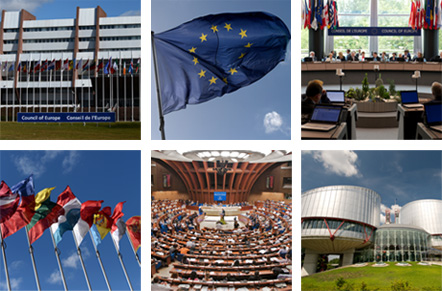Ahead of World Refugee Day on 20 June, the Group of Experts on Action against Trafficking in Human Beings (GRETA) has published a new guide on the entitlement of victims of trafficking, and people at risk of being trafficked, to international protection.
The guide is intended to help national authorities and other organisations dealing with trafficking victims, or people at risk, to help make sure that no-one should be forced to return to their home country if it is not safe for them to do so. It sets out the legal bases under international and European law – including the European Convention on Human Rights and the Council of Europe’s anti-trafficking convention – for destination countries to allow trafficked people to remain.
The guide also stresses the principle that victims of trafficking should not be punished for crimes that they were forced to commit and sets out the legal basis for assistance to be provided to victims, notably calling on countries to be particularly sensitive to the needs of child victims of trafficking. In addition, the guidance emphasises the need for risk assessments in order to prevent victims of trafficking being returned to the country where they first applied for asylum, under the Dublin Regulation, but where they face the risk of being re-trafficked.



